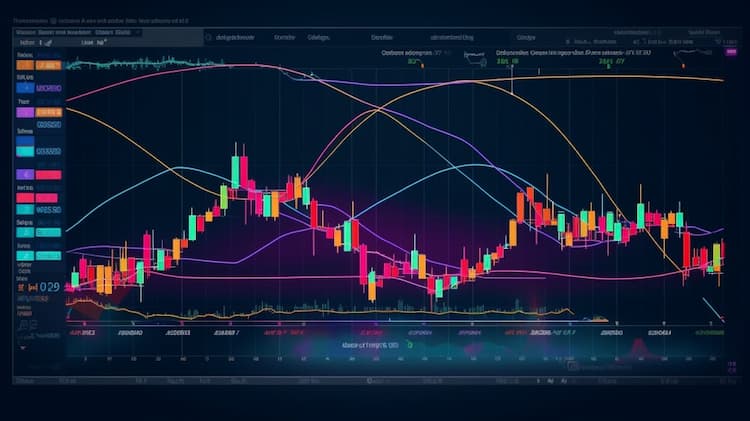
DPST VS VFH: Sector Allocation
When it comes to navigating the intricate world of finance, investors often find themselves at a crossroads, pondering which exchange-traded fund (ETF) to choose for their portfolio. In this blog post, we delve into the DPST and VFH ETFs, exploring their unique attributes, sector allocations, top holdings, capitalization strategies, tracking methods, and overall suitability for your investment objectives.
DPST VS VFH: Sector Allocation and Top Holdings
The first key aspect to consider when evaluating DPST and VFH is their sector allocation and top holdings. DPST, the Direxion Daily Regional Banks Bull 3X Shares ETF, is designed to provide a leveraged exposure to the regional banking sector. It aims to amplify the daily returns of this sector by a factor of three, making it an attractive choice for those who want to capitalize on short-term price movements.
In contrast, VFH, the Vanguard Financials ETF, takes a broader approach by encompassing a wide range of financial companies, including banks, insurance firms, and real estate investment trusts (REITs). VFH offers investors diversified exposure to the financial sector, making it suitable for those seeking a long-term investment strategy.
Top Holdings:
- DPST: Some of DPST's top holdings include regional banking giants like SVB Financial Group, Signature Bank Holdings, and Cathay General Bancorp.
- VFH: VFH's top holdings feature well-known financial institutions such as JPMorgan Chase, Berkshire Hathaway, and Bank of America.
 DPST overlap DPST VS VFH
DPST overlap DPST VS VFH
DPST VS VFH: Capitalization Strategy
Capitalization strategy is a critical factor to consider when comparing these two ETFs. DPST is a leveraged ETF, which means it seeks to magnify the daily returns of its underlying index through the use of financial derivatives. While this can lead to potentially higher gains in a bullish market, it also entails higher risk and is not suitable for all investors, particularly those with a low risk tolerance.
On the other hand, VFH is a traditional, non-leveraged ETF offered by Vanguard, known for its passive investment approach. VFH aims to replicate the performance of the MSCI US Investable Market Financials 25/50 Index. Its capitalization strategy involves holding a diversified portfolio of financial stocks in proportions that closely mirror the index.
DPST VS VFH: Tracking and Exposure
Tracking error and exposure are crucial elements when evaluating ETFs. DPST, due to its leverage, is more prone to tracking errors compared to VFH. These tracking errors can result from daily rebalancing, compounding, and other factors that can cause the ETF's returns to deviate from its underlying index over time.
VFH, as a non-leveraged ETF, tends to have lower tracking error, making it a more suitable choice for investors seeking precise index replication. Additionally, VFH provides broader exposure to the financial sector, mitigating the risks associated with concentrated investments in regional banks, which is the case with DPST.
Conclusion
In the DPST vs. VFH battle, the choice ultimately depends on your investment objectives and risk tolerance. DPST offers the potential for higher returns in the short term but comes with elevated risk due to its leveraged nature. It is best suited for experienced investors who are comfortable with the amplified volatility associated with leveraged ETFs and have a short-term investment horizon.
Conversely, VFH provides a diversified, long-term approach to investing in the financial sector, making it a more suitable choice for risk-averse investors looking for stability and consistent returns over time. Vanguard's reputation for low expense ratios and adherence to passive investing principles further solidify VFH as a solid choice for those with a long-term perspective.
Ultimately, it is crucial to conduct thorough research and consult with a financial advisor to determine which ETF aligns with your specific financial goals and risk tolerance. Keep in mind that the finance industry is ever-evolving, and the best choice for your portfolio may change over time as market conditions fluctuate.
Sources:
DPST ETF issuer
DPST ETF official page
DPST quote and analysis
Discover the top holdings, correlations, and overlaps of ETFs using our visualization tool.
Our app allows you to build and track your portfolio.
To learn more about the DPST Direxion Daily Regional Banks Bull 3X Shares, access our dedicated page now.





